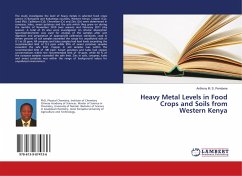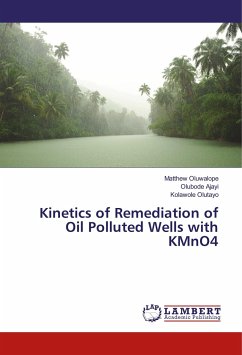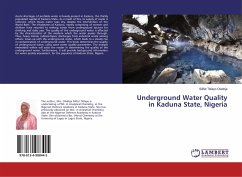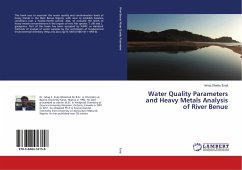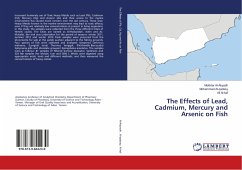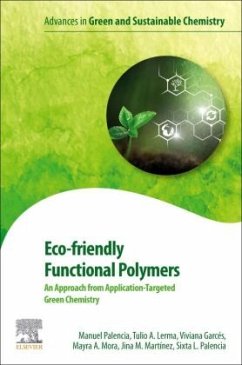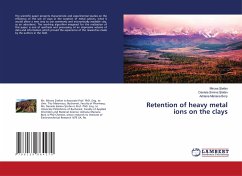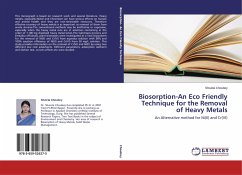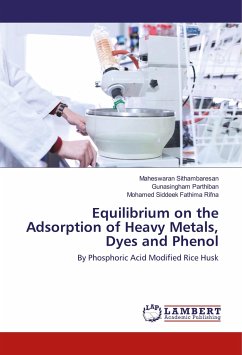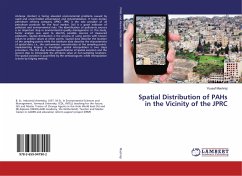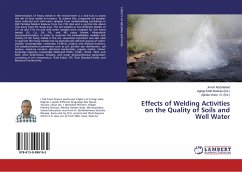
Effects of Welding Activities on the Quality of Soils and Well Water
Versandkostenfrei!
Versandfertig in 6-10 Tagen
51,99 €
inkl. MwSt.

PAYBACK Punkte
26 °P sammeln!
Determination of heavy metals in the environment is a vital tool to assess the risk of toxic metals to humans. To achieve this, composite soil samples were collected and well water samples from metal/welding workshops in Old Panteka Market Kaduna from ten (10) sites and a control site about 1km away from the study area. The soil samples at two different depths of 0-5 cm and 5-10 cm and well water samples were analysed for five heavy metals (Cr, Cu, Cd, Pb, and Ni) using Atomic Absorption Spectrophotometry. In order to ascertain the bioavailability, mobility and toxicity of the heavy metals in ...
Determination of heavy metals in the environment is a vital tool to assess the risk of toxic metals to humans. To achieve this, composite soil samples were collected and well water samples from metal/welding workshops in Old Panteka Market Kaduna from ten (10) sites and a control site about 1km away from the study area. The soil samples at two different depths of 0-5 cm and 5-10 cm and well water samples were analysed for five heavy metals (Cr, Cu, Cd, Pb, and Ni) using Atomic Absorption Spectrophotometry. In order to ascertain the bioavailability, mobility and toxicity of the heavy metals in the soil, sequential extraction was also used to speciate the heavy metals into six operationally defined groups of water-soluble, exchangeable, carbonate, Fe-MnO, organic and residual fractions. Soil physicochemical parameters such as pH, particle size distribution, soil texture, moisture content, electrical conductivity, organic matter, Cation Exchange Capacity, extractable SO42-and PO43-,CO32-, HCO3-, NO2- and NO3- were determined. Similarly, well water physicochemical parameters consisting of pH, temperature, Total Solids, TSS, Total Dissolved Solids and Electrical Conductivity.



